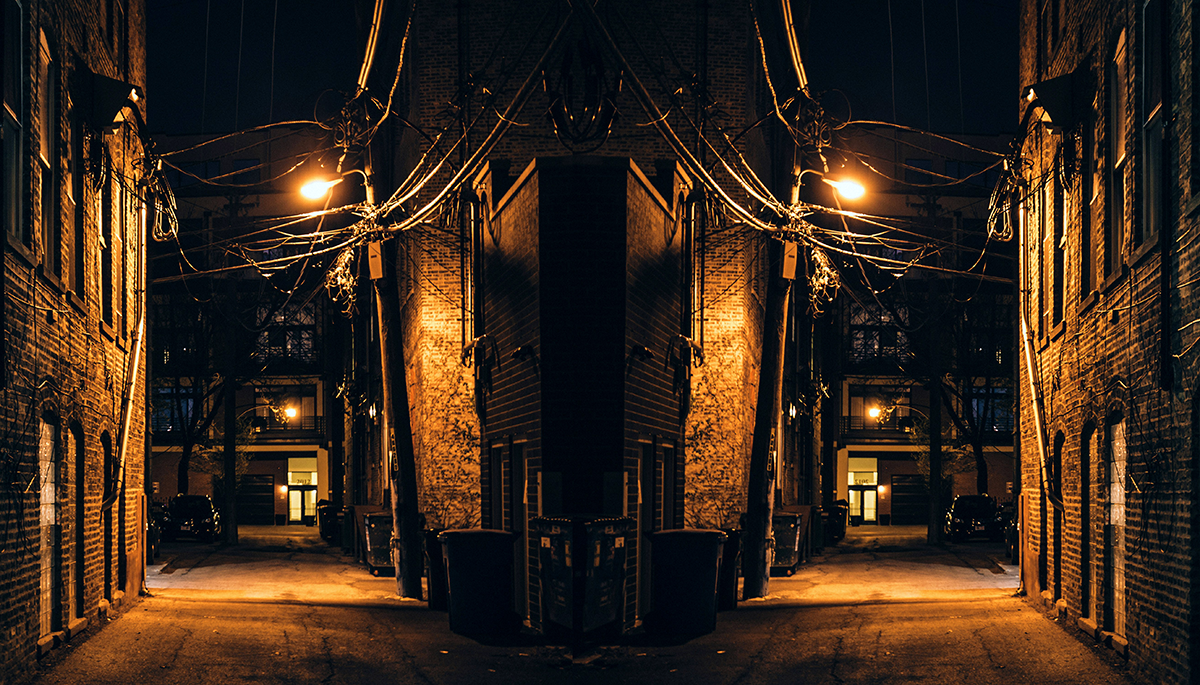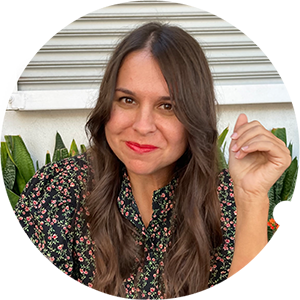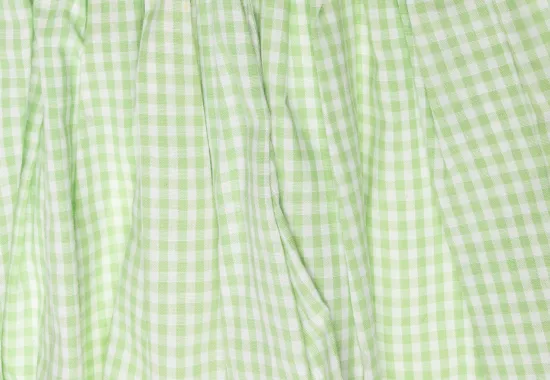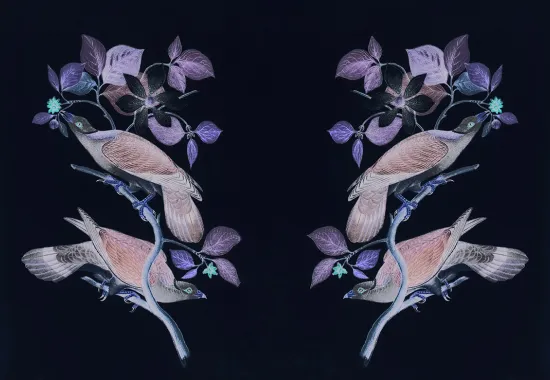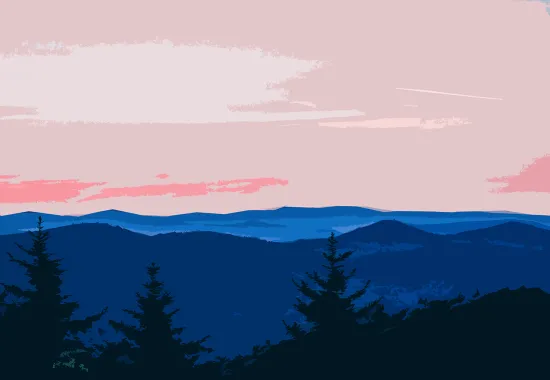Father in Chiaroscuro
The night her father was murdered,
I was with Crystal in my room.
We were thirteen. Saturday night.
On sleepovers we ate Häagen-Dazs coffee
ice cream and sat on the floor
with music from my 5-CD changer.
That night we were painting our nails
with elaborate supplies I owned.
She was the friend who always had head lice,
but I didn’t care. We used Rid shampoo,
then went back to school.
She had two little brothers,
lived in an apartment like us,
but in a bad part of town.
My dad came to the door, asked
me to walk with him to take
the trash out in the alley.
At the garbage bin his face flashed
with information. Crystal’s mother
had called. Her husband was stabbed
to death outside their apartment
by a neighbor.
My dad said let’s not tell her.
Let her mother tell her
when she picks her up in the morning.
I agreed and carried myself
back to our nail salon.
I sat down and she looked sweeter,
her voice and hair softer.
When she plucked a red polish
from a pile and held it aloft
in admiration, I said you can have it.
Really? she said, amazed.
I knew she would lose her father in the morning.
A sad secret between us, but not the only one.
I kept watching the death movie of her father in my mind.
He was short like mine, went outside to talk to someone.
A struggle, an escalation, then a weapon drawn.
I kept watching my father by the garbage in the alley
where he covertly smoked Marlboro Reds.
His face when he told me the news
was disappointingly extreme. I remember thinking:
why was he so struck when I was the one
who would have to lie to my friend,
to sit with her on carpet, sleep beside her ignorance?
When I think of it, I combine the alley
with the crime scene
and see each apartment complex,
each front window, father, as if they are one.
Last week, when David Crosby died, I played Déjà Vu,
and “Our House” warmed my room.
Then I remembered Crystal’s father’s name,
like my father’s, started with an ‘R,’
that her last name was House.
R. House, she would joke.
We are floating further from the generation
that made what my dad called the best music.
He was so lonely there, not smoking
in the dark, moving farther from me.
This is how I see him now,
and he doesn’t see me.
He is felled by emotion, his own
immortality, memories of embattled men.
That night, he was dazzled and dadless too,
walked back to the kitchen
to call his mom.
Recommended
The Shirt
After Hearing David Rothenberg Sang with Birds
Frothing Pink Poodle Droppings


